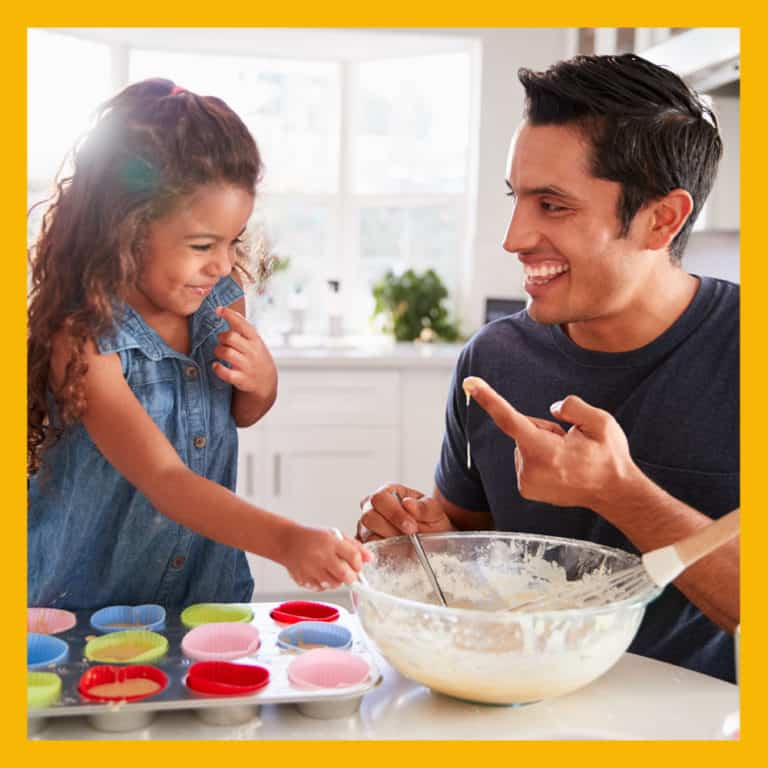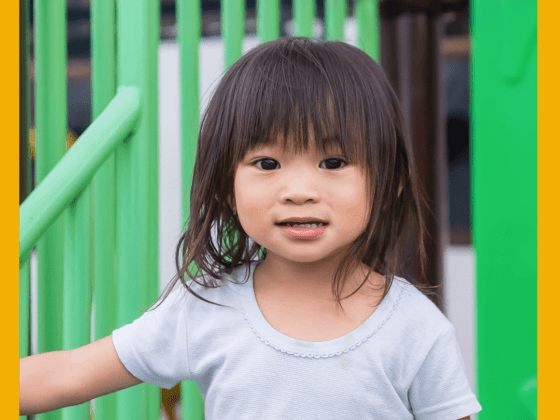One of our core philosophies at PTN is that pediatric therapy is most effective when it happens in a comfortable environment with the full participation and support of the family.
When physical therapy or speech therapy happens in isolation it is very difficult for the child to take what they’ve learned back to their home environment, especially if a parent or caretaker isn’t able to be there observing each session. It’s also much more difficult for children to feel comfortable in a place that is foreign to them.
By bringing therapy into the home, the classroom, or even the child’s favorite park, it becomes much easier for parents, siblings, friends, and other caregivers to take part in sessions and become stronger pillars of support for the child.
Engaging in pediatric therapy sessions at home also makes it much easier for the therapy to be tailored to the child and the family.
Let’s use speech therapy as an example. Depending upon the house, the same time of day could be referred to as “bedtime,” “night time,” “time for night-night,” “sleepy time,” or a host of other possibilities. Underwear could be referred to as “undies,” “knickers,” “chonies,” or “panties.” Grandma could be called “Nana” or “Grannie” or “Abuelita.” The list of family-specific vernacular goes on and on.
If a speech therapy session happens in the house, the speech language pathologist (SLP) can start to learn the words and phrases that are most important in that household and find customized ways to help the child better express their wants and needs in ways that the family will recognize and respond to.
Being in the house also allows the SLP to work with the family to help them better support the verbal development of the child. That might mean teaching siblings games that they can play together or showing parents ways that they can encourage stronger language skills between sessions. Those games or tasks could be specified to favorite toys that the child already has or play spaces – like a backyard playhouse – that the SLP might not otherwise know was there.
When family and friends have a chance to observe different forms of pediatric therapy, that helps lead to a more cohesive household where everyone has the chance to better understand the work that’s being done, why it’s so important, and how they can help.





